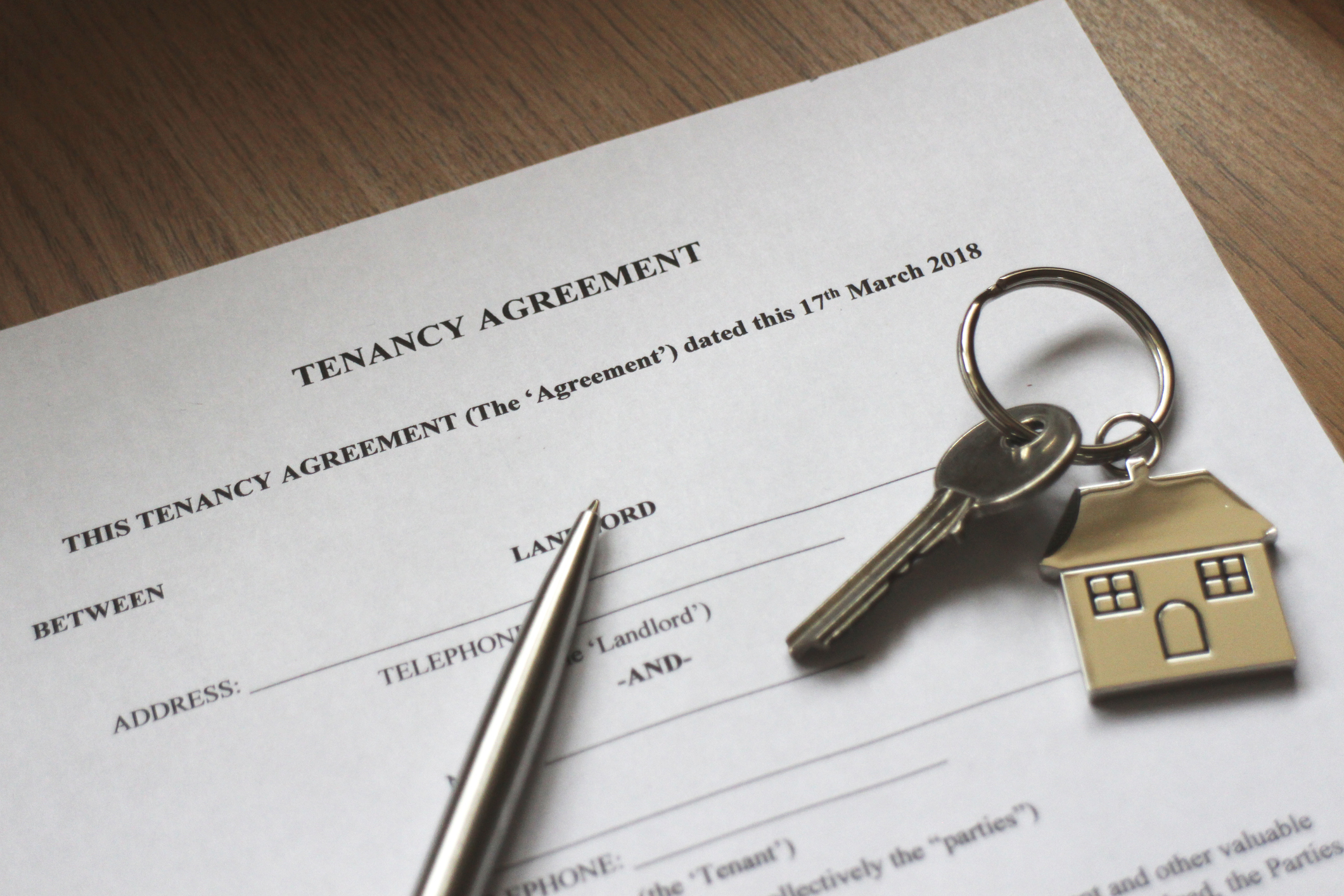After a year of lockdown, the rise in rental requests has skyrocketed with people realising the need for their own, or more, space – especially as the likes of homeworking are here to stay for so many. Whether you’re a first-time tenant or you’ve rented for years, it can be a confusing landscape. Here Michael Barber, Director at Sussex property specialist PS&B, offers his advice for the top five things you need to know as a tenant:
1. The importance of tenant references
Landlords aren’t being fussy when it comes to tenant references – it’s a legal requirement. You’ll not only need to prove that you can afford to pay the rent, and that you’re a trustworthy person, but you have to also prove that you have the ‘right to rent’ in the UK, especially as the rules may change in 2021 following Brexit. My top tip – don’t lie! You don’t need to reveal your life story, but secrets tend not to stay hidden – some people are under the illusion that background checks aren’t really carried out and referees aren’t contacted but this isn’t the case.
2. Keeping tenant deposits safe
Not too long ago, some people had to pay additional tenant fees to secure the property they wanted. Thankfully, this rule has now changed and there is a Government-backed Tenancy Deposit Protection Scheme which safeguards all deposits and offers protection. Furthermore, deposits are now capped at a maximum of six weeks’ worth of rent and the only reason you would not get this back at the end of your lease agreement would be if you broke the terms laid out in your contract.
3. Legal requirements for landlords
There are a number of legal requirements landlords must adhere to. If you rent via a good agency, they will ensure these checks are in place. However, if you aren’t so lucky, some things to check include whether the property has a valid gas safety certificate; that the plugs and sockets are in safe working order; that smoke and carbon monoxide alarms are fitted appropriately (a smoke alarm should be on every level of the property and a carbon monoxide alarm where solid fuel appliances are used); and that furniture provided in the lease meets the fire resistance requirements. Landlords are also required to serve tenants with a ‘How to Rent’ guide which can be a handy read if you aren’t sure what to look for.
4. Additional charges and affordability
Rent is normally charged by calendar month or per week but remember this is only the initial fee and there aren’t always four clear weeks in a month. When considering affordability, think about the additional charges you may be faced with – not just elements such as any service charges, utility bills, council tax etc. But you’ll also need to account for any transport costs, parking permits and so on.
5. Sharing Think about your tenancy agreement
Splitting the bills with a flat or housemate is one of the great benefits of renting, especially as you can sometimes afford much larger or desirable properties than being on your own. However, you must ensure you put any additional people on the tenancy agreement, otherwise you will be legally liable for all the costs. Furthermore, you need consent from you landlord if you want to let out a spare room to someone else – you can’t make this decision on your own. If someone does move in and they pay you rent, then be aware that you could be subject to income tax too as you would then technically be their landlord.
For more advice on renting or to speak to a member of the PS&B team call 01273 326171. Some frequently asked questions about renting for tenants can also be seen at https://psandb.co.uk/tenant-faqs.
Please visit: https://psandb.co.uk/
